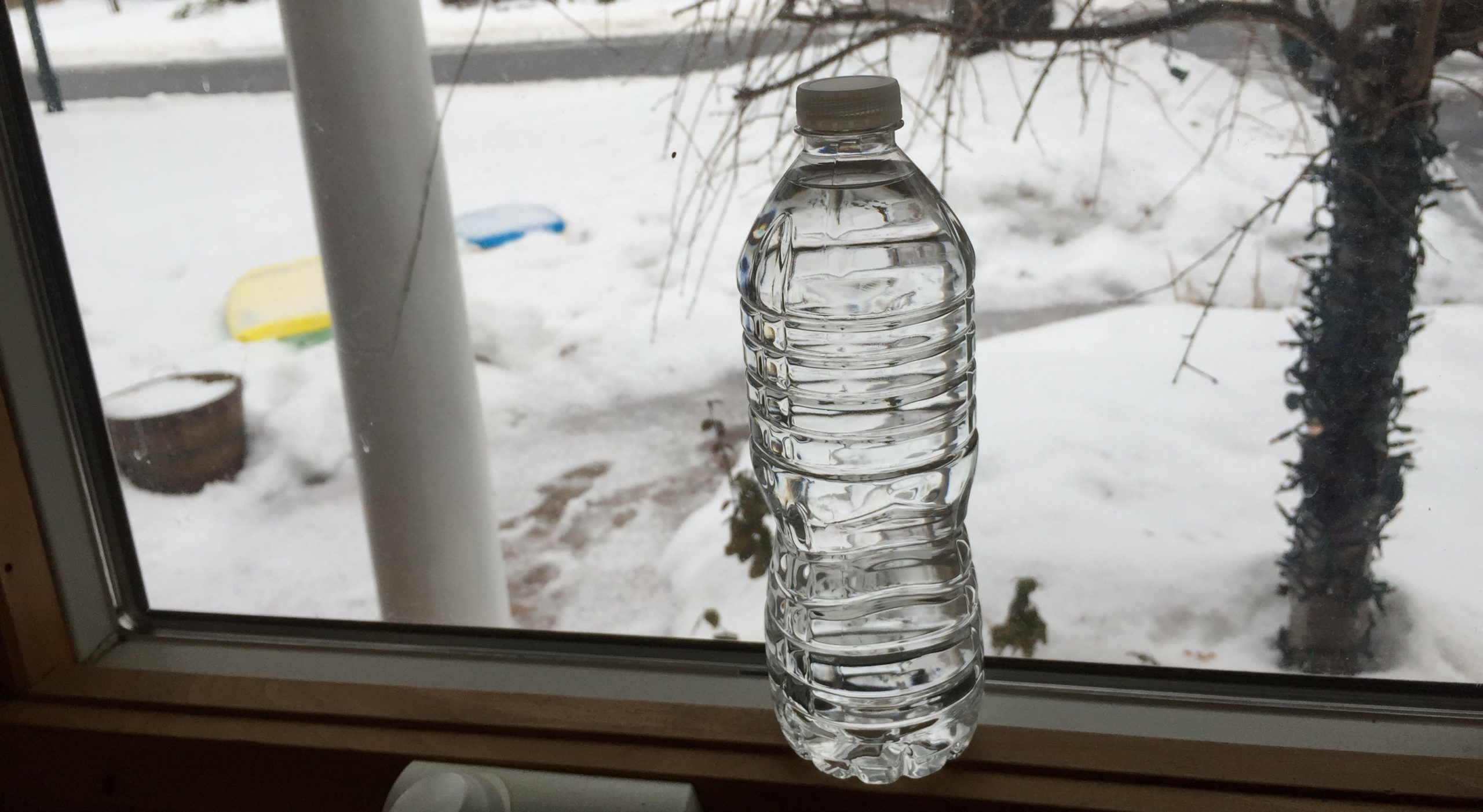Healthy Cold and Flu Remedies
With cold and flu season upon us, these natural alternatives to popular treatments and remedies can help you recover in the healthiest way possible.
Spices, Herbs and Plants
Ginger
When faced with an upset stomach, a common response is to reach for ginger ale. The carbonation in ginger ale can help comfort your stomach, but the sugar and artificial ingredients that often come with it can be avoided. Try ginger tea (make sure it’s caffeine free) instead, or add fresh ginger while cooking to get its affects. Ginger will help you when you are not feeling well in many ways, the first being that it is an anti-inflammatory so it will help calm you insides when you are feeling nauseous, and it also helps with digestion so you can get relief from what is making your stomach upset. It also helps relax the intestinal tract which will give you even more relief. Ginger also helps you relax overall by easing tension in your muscles that might cause cramps and blockage.
Garlic
If you can stomach it, fresh garlic has incredible benefits. You can also use it in cooking and still receive the benefits. It can help prevent sickness before it comes, and boost your immune system when you become ill. It has powerful antibacterial, antiviral and anti fungal properties.
Tumeric, cloves and cinnamon are also packed with antioxidants that help boost your immune system.
Tea
Any type of tea, as long as it is caffeine free, is great for when we have a chill or are feeling under the weather. Tea flavored with lemon and ginger are most popular. Chamomile is also great, especially in the evening to help calm and bring on sleep. Peppermint is another great option known for helping to ease upset stomachs. Elderberry is a little less common, but is a strong natural remedy. Elderberry is known as an anti-inflammatory, and it is also said that it can help you fight off sickness faster. It has a positive affect on lung health so it is commonly used for people with severe cough and bronchitis. Lastly, it is a body cleanser that will help prevent disease and flush out toxins.
Sinus Relief Drink
This drink it great for opening up your sinuses and relieving many internal symptoms. The cayenne pepper is also a strong anti-inflammatory, and the spicy kick will clear you up just by smelling it. Apple cider vinegar is an amazing drink with a long list of benefits, one of the best in this situation being that it boosts your immune system to help you recover. Lemon also has a long list of benefits, the most important being that it will help with bloating and queasiness, and because of its high levels of vitamin C it will boost your immune system and it also has antiviral and antibacterial properties. Even just a normal glass of warm lemon water can help immensely with chest congestion, sore throat and cough – but these added ingredients will give you even more benefits.
To make it, mix all ingredients in a mug:
1/4 cup hot water
1/4 cup unfiltered apple cider vinegar
1 teaspoon honey
1/4 teaspoon cayenne pepper
1/4 teaspoon ground ginger
1 tablespoon lemon juice
Soup
Chicken soup is usually the first meal we think of when we are sick. It’s great because the broth helps soothe sore throats and helps us stay hydrated, and the chicken and vegetables give us protein, vitamins and minerals we need to get better. Any low sodium, broth based soup is great for cold and flu season.
Remember to always drink plenty of fluids and get the rest and sleep you need when you are under the weather, and visit a doctor when needed. Always make your health a priority, but don’t use a runny nose or minor cough as an excuse to backtrack. Be strong, stay in control as much as you can and take care.
~Love to Live Healthy with Josephine Fitzpatrick
Innovation Weight Loss and Fitness
8031 Jericho Tpke Woodbury, NY 11797
469 7th Ave Manhattan, NY 10018


